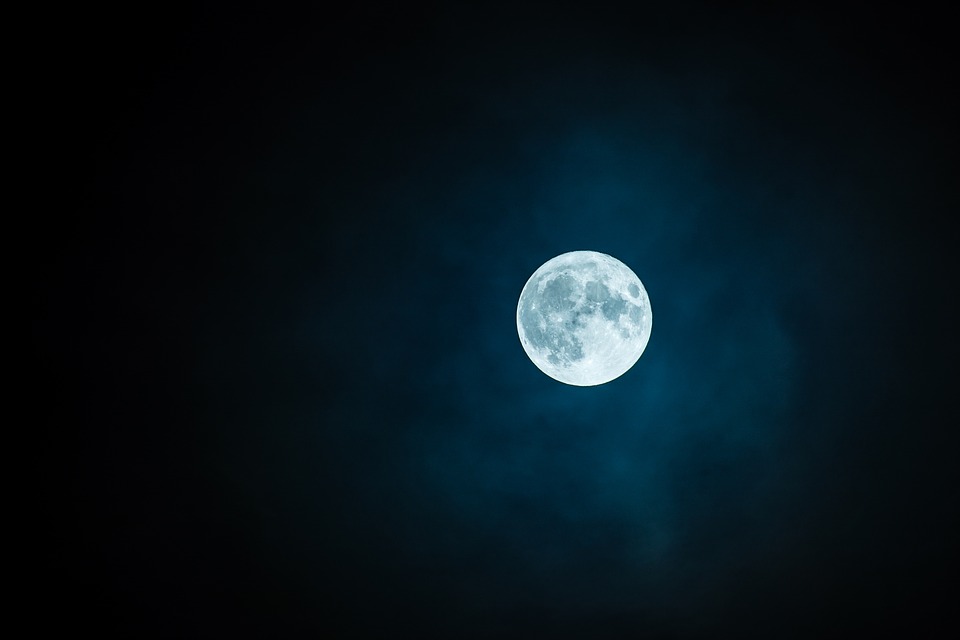Goddess of lot-casting. Pre-Homeric Greek.
According to Hesiod one of the daughters of ZEUS and THEMIS. One of an ancient trio of MOIRAI with KLOTHO and ATROPOS, she sustains the thread of life and is depicted carrying a scroll.
Continue reading “Lachesis”




![HORUS [Greek] (the high one)](https://witchswell.wordpress.com/wp-content/uploads/2019/09/new-zealand-1450672_960_720.jpg?w=960)

